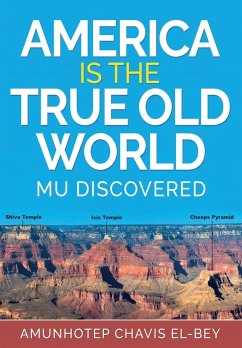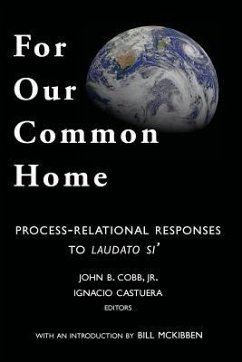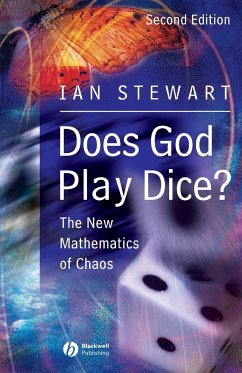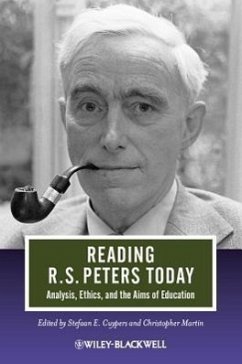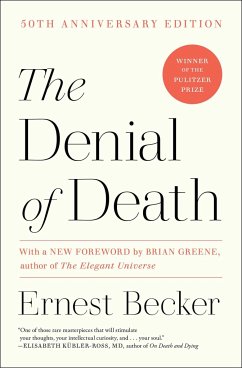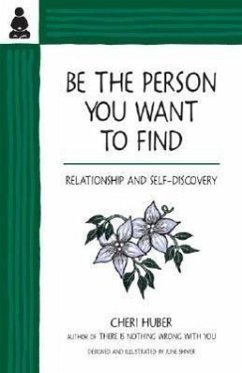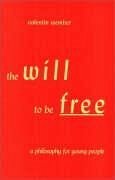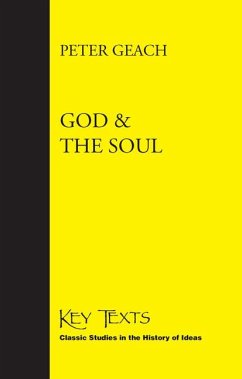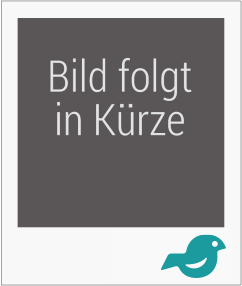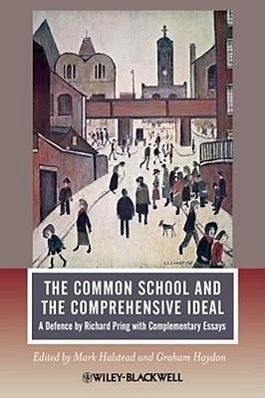
The Common School and the Comprehensive Ideal
A Defence by Richard Pring with Complementary Essays
Herausgeber: Halstead, Mark; Haydon, Graham

PAYBACK Punkte
17 °P sammeln!
What today is the place of the common school? What remains of the comprehensive ideal? In the face of the social and cultural change that globalisation brings, these questions gain a new urgency. They invite consideration of the most fundamental issues concerning future educational provision: what is the purpose of our schools, and what should we do in them? This collection of essays, by leading philosophers and educationalists specialising in these matters, answers to these questions. The opening keynote defence of the ideal by leading philosopher of education Richard Pring expresses insights...
What today is the place of the common school? What remains of the comprehensive ideal? In the face of the social and cultural change that globalisation brings, these questions gain a new urgency. They invite consideration of the most fundamental issues concerning future educational provision: what is the purpose of our schools, and what should we do in them? This collection of essays, by leading philosophers and educationalists specialising in these matters, answers to these questions. The opening keynote defence of the ideal by leading philosopher of education Richard Pring expresses insights that have been refined over some four decades, during which time he has followed the fate of the comprehensive system been a staunch supporter of the common school. His measured, Dewey-inspired assessment of the current scene combines with a perspective on change that is both enlightening and provocative. The complementary essays engage with questions he raises under five themes: defending and questioning the comprehensive ideal; common schools in multicultural societies; common schools and religion; school choice and the comprehensive ideal; and common schools and inclusion. The collection is dedicated to the memory of Terence H. McLaughlin, whose tireless pursuit of the philosophical questions and challenges raised by the common school and the comprehensive ideal is emulated in these pages.



